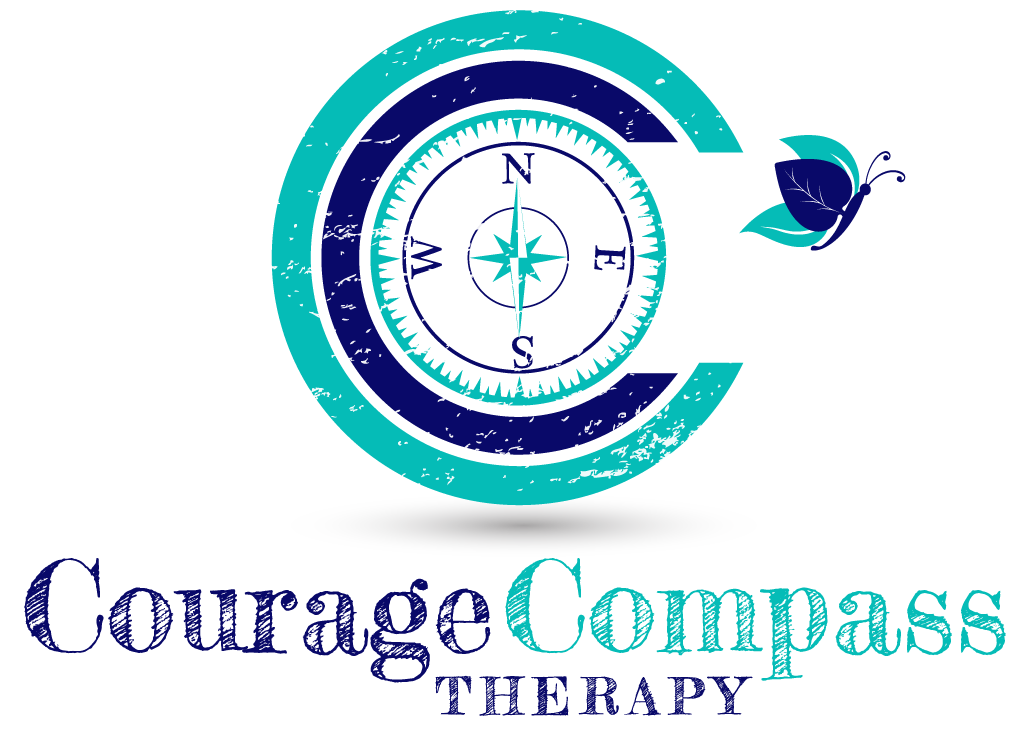Do you really want to know the secret to life? It's dealing with your fear. Listening to it. Confronting it. If you can deal with what holds you back, you can do anything you want. This doesn't mean that you reach for unrealistic expectations. If fear is in your way, removing it can move you along in your journey of life, love, work, etc., much faster.
Quick biology. Fear is innate and primal. It's in the reptilian part of our brain that triggers the urge to flee, fight, or freeze. It's biologically advantageous to our survival. Back in the day, it helped us to literally survive. Now, when this part of our brain is triggered, we feel like our life is in danger, but it's often our emotional life. Shame is another primitive emotion that we're wired to have. It keeps us close to the pack because it makes us terrified of disconnection. Thus the drive to belong. Then, when we feel the pain of shame, we remember how awful it feels, and have created a neural connection between shame and fear. Not only do we fear real threats to our lives, but we fear situations that could lead to shame. Thus we avoid, self-protect, perform and pretend in order to not feel shame.
So, fear has a function. Let's understand it and acknowledge it. And then realize that it doesn't have to control our lives. When did you ever do something that led to your growth or change and you weren't afraid? Fear helps us to be aware, careful, and observant when we're making changes, but it doesn't HAVE to stop us. Surf the fear like a wave. You can ride it out. You can be on top of the wave, or swim with it to shore. There is more than one way. Here are a few:
1. Make fear your friend. Whaaaaat? Fear is a signal. Learn to refine your fear detection system so you can listen to those inner signals. What is it that you're afraid of? What is the real actual threat?
2. What are you assuming to be true about the situation? If I take this risk, it won't work. If I ask that person out, they will surely think I'm hideous and flat out reject me.
3. What if that wasn't true? What else could be true about the situation? If the worst case scenario can be true about the situation, why can't the best case scenario, and all others in between also be true?
4. What permission do you need to give yourself to move forward with courage? As in, what do you need in order to act while being brave and afraid at the same time? Support? Practice? Self-soothing skills? Permission to fail?
5. Realize that fear is not a dead stop. It doesn't have to be the barrier to your happiness. You can decide to give it that power over you, or harness the power of your courage.
6. Give yourself time. There is no rush. You don't have to make yourself act immediately. You don't have to inflict the pressure to succeed in x days/months/years. Work on dealing with it on your own time table. That works for you. You don't need to fall into the comparison trap and be like every other ____ who succeeded in x amount of time.
7. Know that there are reasons your fear may paralyze you. I feel that this piece of information is often missing from how-to blogs or articles. Sometimes the origins of our fears lie in past traumatic experiences and it's not as simple or straightforward as employing the above steps. Traumatic experiences get recorded in our memories differently, and are often associated with primal fears and threats to our survival. When this happens, appropriate treatment can be extremely helpful to process the trauma so that it doesn't continue to trigger you in ways that are unproductive for your life.
This is why my practice is called Courage Compass Therapy. I believe that if you can harness your courage and use it as a compass, you will be able to chart the best course for your life.

